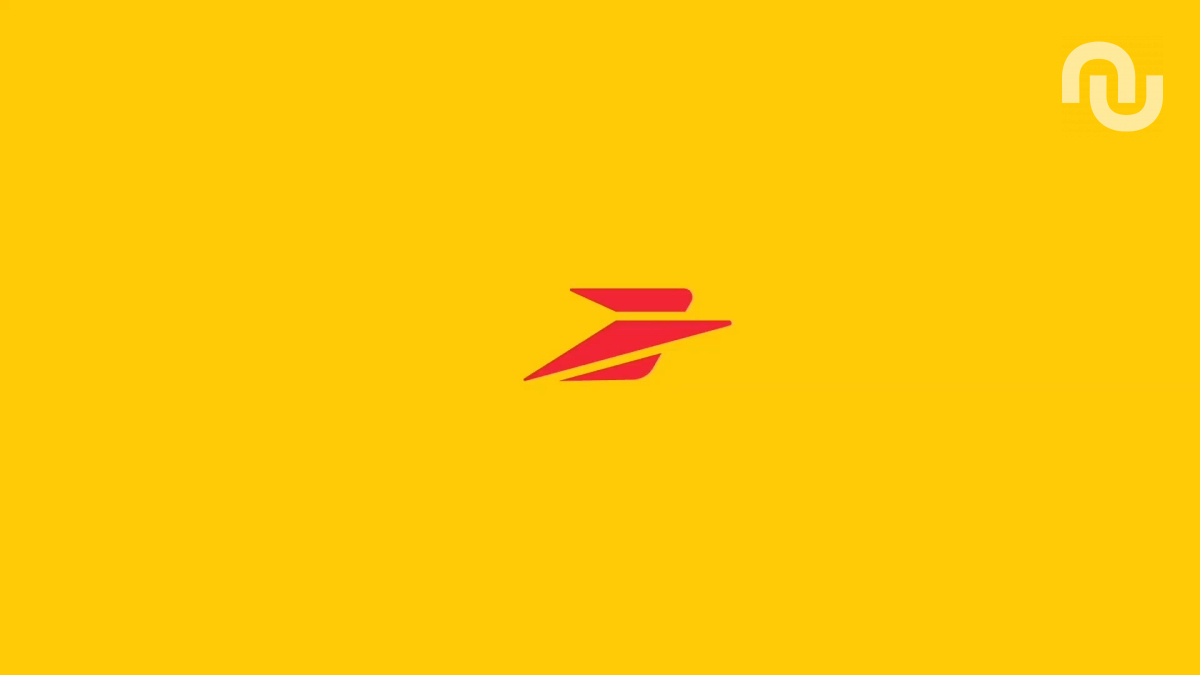Il n’y a plus qu’un seul obstacle au rachat d’Electronic Arts par l’Arabie saoudite

Le 22 décembre 2025, les actionnaires d’Electronic Arts — éditeur notamment d’EA Sports FC (ex-FIFA), Battlefield et Les Sims — ont approuvé un projet d’acquisition à 55 milliards de dollars par un consortium d’investisseurs mené par le fonds souverain saoudien Public Investment Fund.














